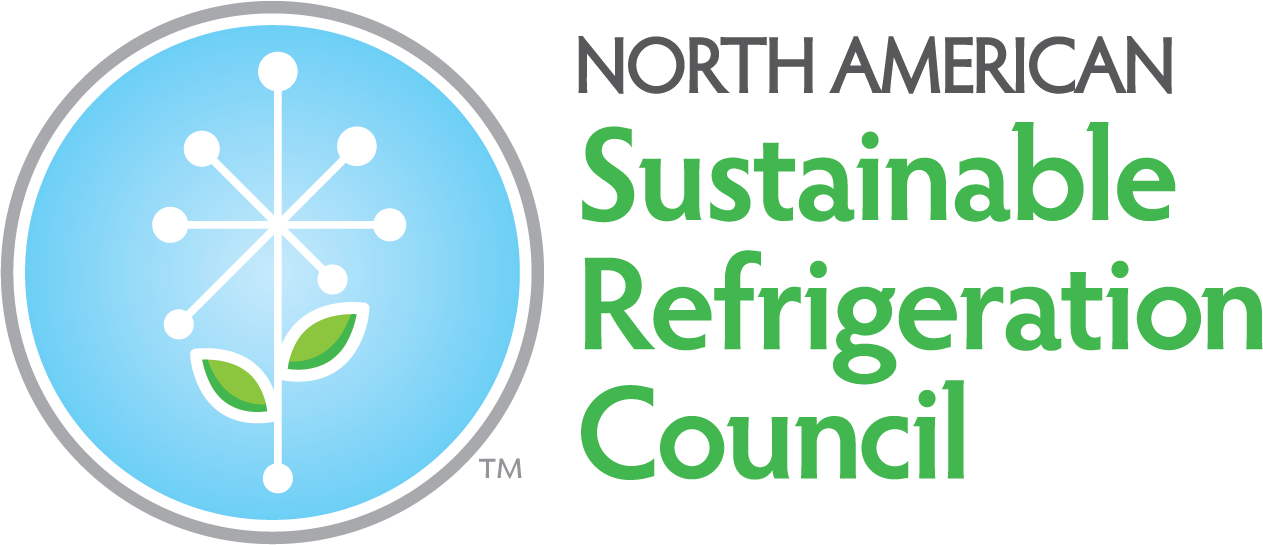North American Sustainable Refrigeration Council Pilot Program announced the issuance and retirement of carbon credits on behalf of grocers
LAKE FOREST, ILLINOIS: Therm, North America’s leading refrigerant carbon offset developer, today announced the successful sale and retirement of its issuance of Refrigerant Carbon Credits™ from the North American Sustainable Refrigeration Council Pilot Program. Carbon financing allows grocery retailers and other foodservice providers to switch to climate-friendly refrigerants at lower capital costs by selling the credits created by the projects through the voluntary carbon market. These projects’ Refrigerant Carbon Credits sold at a significant premium to the current rate of similar credits. Projects included refrigeration rack replacements to CO2 as well as micro-distributed and stand-alone cases.
The credits were issued by the American Carbon Registry and purchased and retired by longtime voluntary carbon market experts Climate Impact Partners on behalf of an established market participant.
“Climate-friendly refrigerants are the number one way that we can prevent further climate damage,” said Fritz Troller, CEO and co-founder of Therm. “The increasing price of carbon credits, and the undisputed permanence of RCCs, put them at a market premium, and help our retail grocer customers and food distributors by providing meaningful financial incentives.”
The credits were developed for five mid-sized grocery locations in California for customers Grocery Outlet and Raley’s, two members of the North American Sustainable Refrigeration Council. They chose to install climate-friendly refrigeration systems and forgo the use of traditional synthetic refrigerants—short-lived climate pollutants that are thousands of times worse for the environment than carbon dioxide. The impact of these traditional refrigerants is so large that, in 2017, refrigerant management was identified by Project Drawdown as the number one solution to combat climate change.
“We have many clients throughout the world who are looking for innovative new approaches to reducing emissions reaching ambitious climate goals,” said Saskia Feast, Managing Director of Global Client Solutions at Climate Impact Partners. “We are delighted to have partnered with Therm, NASRC, Grocery Outlet, and Raley’s in order to demonstrate how this type of credit can make a real impact right now.”
Cooling and refrigeration system upgrades are typically associated with high capital costs, limiting viable options to reduce climate-polluting refrigerants. Refrigerant Carbon Credits function as a type of rebate for stores, enabling them to lower the capital required to make the change.
“The success of our Pilot Program is a vote of confidence from the carbon market,” said Danielle Wright, Executive Director of the North American Sustainable Refrigeration Council. “We are seeing more and more grocers of this size who are interested in switching to climate-friendly refrigerants but can’t find the capital. This creative structure opens the door for even the smallest stores to finance their refrigerant upgrades.”
Therm works with grocers and foodservice providers of all sizes to implement climate-friendly cooling and refrigeration upgrades through Refrigerant Carbon Projects. Learn more at therm.cool. Watch their presentation on carbon financing at NASRC’s 2022 Sustainable Refrigeration Summit here.
About Therm
Therm is North America’s leading Refrigerant Carbon Credit™ developer, helping the grocery industry adopt climate-friendly systems at a lower capital cost. Therm brings together a team with rich industry backgrounds in HVAC/R, energy efficiency, carbon credits, facilities management, and cooling technology. For more information, visit therm.cool.
About North American Sustainable Refrigeration Council
The North American Sustainable Refrigeration Council (NASRC) is a 501(c)(3) environmental nonprofit working to advance climate-friendly natural refrigerants and reduce greenhouse gas emissions caused by traditional hydrofluorocarbon (HFC) refrigerants. We collaborate with stakeholders from across the industry, including over 38,000 food retail locations, to eliminate the barriers to natural refrigerants in supermarkets. For more information, visit nasrc.org.


